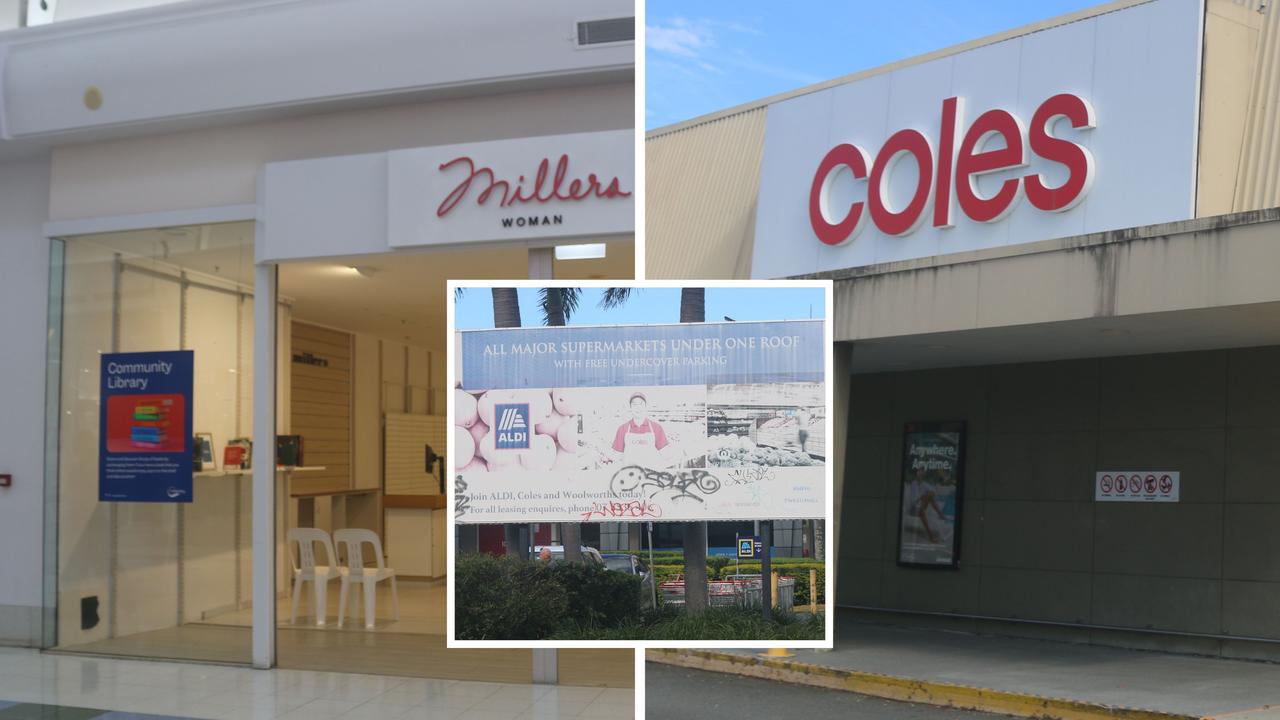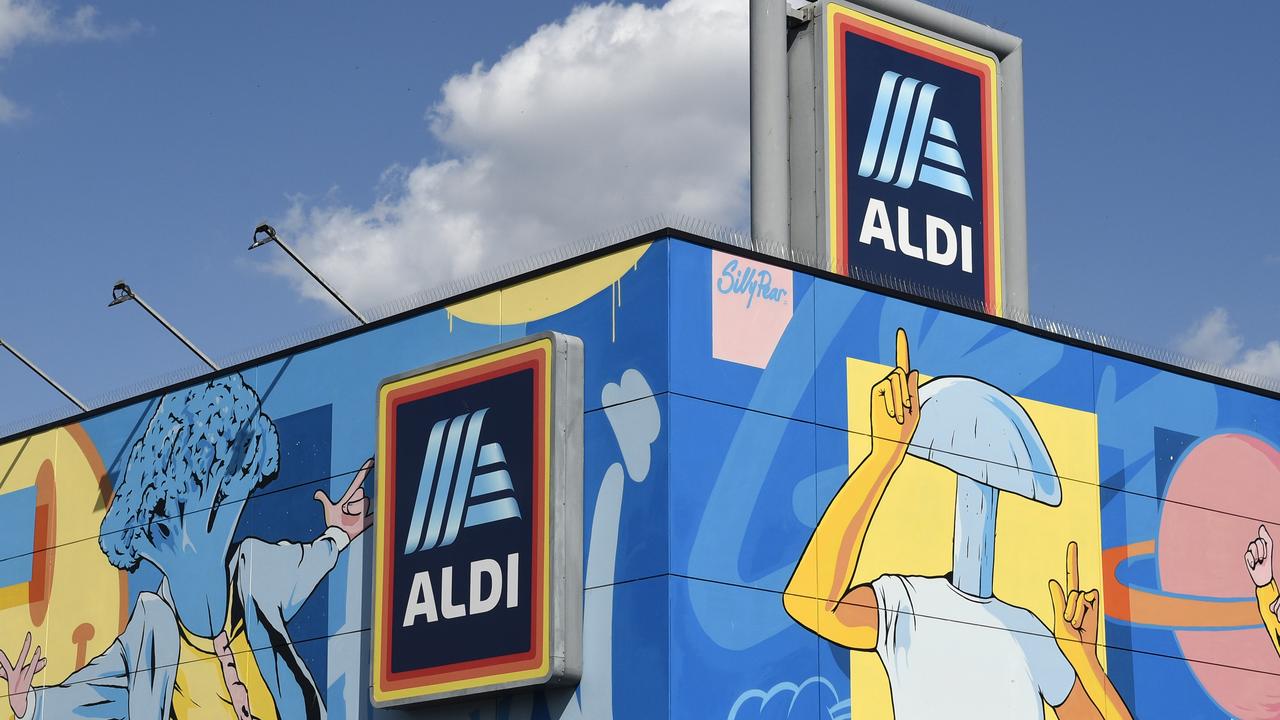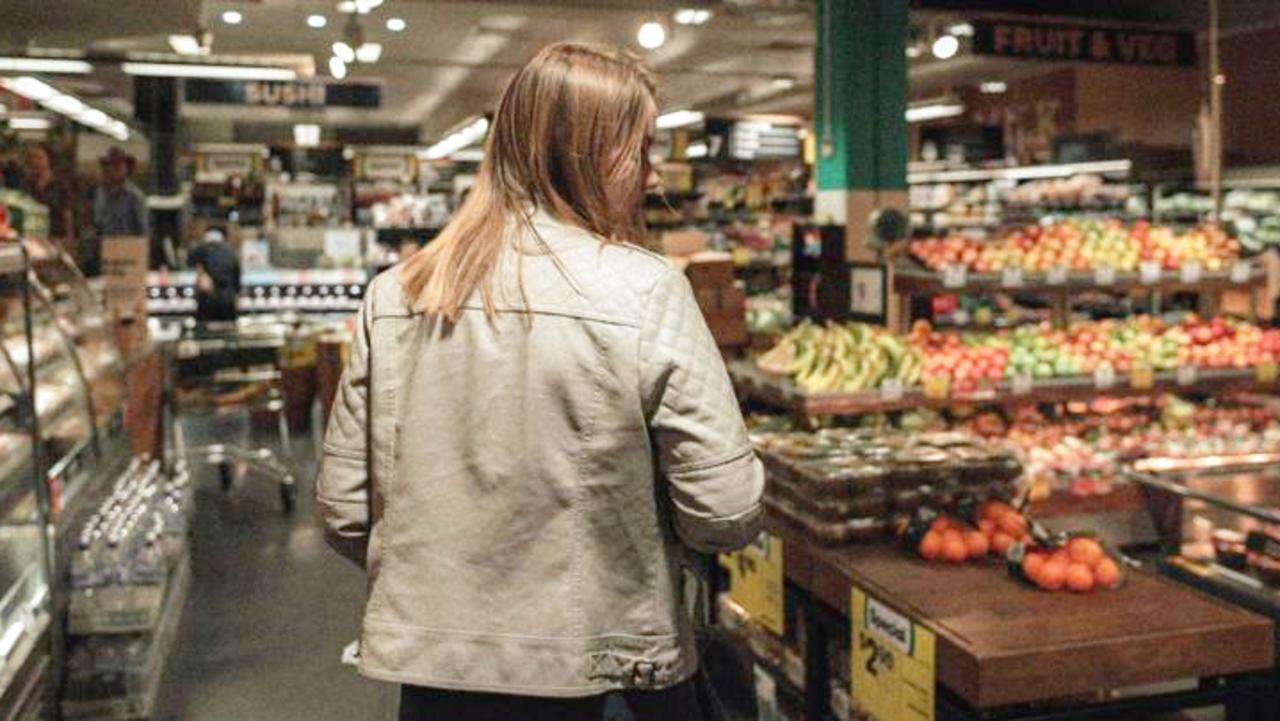Coronavirus Australia: Why retail stores are still open
Cinemas and gyms are shut and cafes and restaurants are now takeaway only, but it’s business as usual for retailers. Confused? You’re not alone.

At midday on Monday, life in Australia changed drastically after Prime Minister Scott Morrison’s tough new coronavirus rules kicked in.
From that point on, pubs and clubs, casinos and cinemas, gyms and churches closed their doors entirely while cafes and restaurants were restricted to takeaway and home delivery only.
But retailers were not included, and although the government was scant on detail regarding its virus hit list, the industry was presumably exempt as store and shopping mall customers are not confined to the one spot and surrounded by scores of other people for an extended period of time, as they would be in pubs and dine-in restaurants.
RELATED: Harsh new virus measures considered
RELATED: ‘Flatten the curve’ will cost Australians severely
That decision means it’s business as usual for most shops for the time being at least.
But since then, we’ve seen some retailers take matters into their own hands, with the Michael Hill jewellery chain announcing the indefinite closure of its 300 global stores as a result of the COVID-19 pandemic.
So what’s next for the already bruised and battered retail sector?
Leading independent economist Saul Eslake told news.com.au it was bad news for the industry, with more closures a near certainty.
“Discretionary spending has been under pressure for a long time – even before the bushfires and coronavirus hit, consumers were clearly cutting back their spending on discretionary items like clothing, electronics, motor vehicles and household goods,” he said.
“Now lots of people have no income or substantially reduced income, discretionary consumer spending will probably fall almost to zero.
“For some retailers who specialise in those items, if what the government is offering isn’t enough, they will probably do what Michael Hill has done and what we’ve seen a few other businesses do, and that’s shutter doors.”
But Mr Eslake said there had also been a recent surge in a limited range of supermarket items such as toilet paper, pasta and flour as well as various types of pharmaceuticals.
“At least for the time being, supermarkets are OK – even in other countries with more onerous lockdowns, food stores have been able to remain open because people have to eat,” he said.
“But the only ones who will be OK at the moment are supermarkets, food stores and pharmacies – department stores no, clothing stores no, hardware stores no, music stores no, newsagents no, book stores no – maybe tobacco and booze stores will be OK.
“But I’m struggling to think of any other area of retail that won’t see a humungous drop in revenue.”
Meanwhile, Queensland University of Technology retail expert Dr Gary Mortimer said more and more retailers were deciding to close on their own despite the Government’s green light.
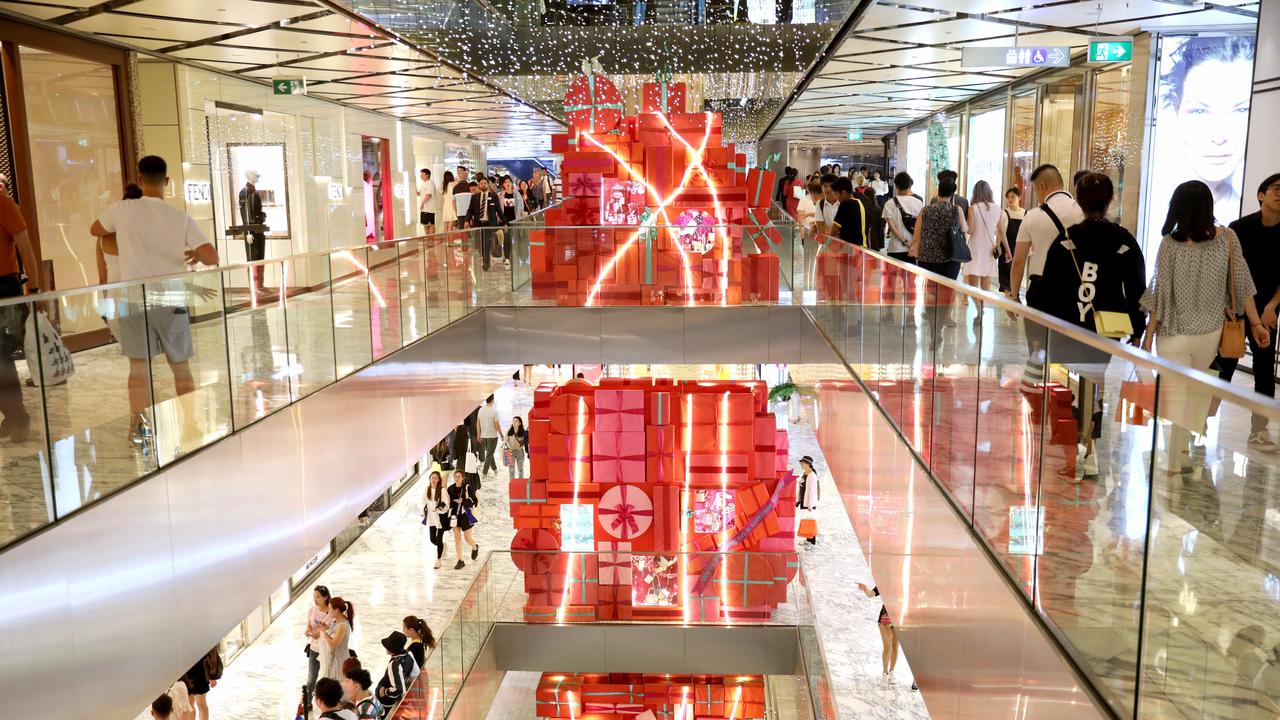
“We’re starting to see some retailers jump the gun and take a proactive approach to closing their operations – I walked through a centre today and found half a dozen stores like jewellery stores, small fashion retailers and mobile phone repairers that have made the decision not to open, and that’s just in one centre,” he said.
“If the Government was to put further bans on people congregating, sectors that would be most exposed would be things like hairdressers and barbers, beauticians, massage clinics and physio.
“I don’t think we’ll see the impact in medical services like pharmacies, we won’t see it for GPs or dentists, because those necessary services will have to continue.”
Dr Mortimer said as seating options in restaurants, cafes and bistros were removed and gyms and movie theatres closed, malls would become increasingly deserted.
“Shopping centres will be almost empty and we’ll only have dress shops and supermarkets operating. At that stage, most smaller retail chains will take the proactive step of temporarily closing and standing down staff until they have the ability to reopen,” he said, adding that at the moment, retailers were handling the crisis in one of two ways – fight or flight.
“Retailers who take the flight approach are closing doors, standing down staff and hoping to weather the storm and reopen in four or five months’ time,” he said.
“But others appear to be taking the fight approach and adapting the way they now do business.
“People often say need is the mother of invention and we’ve only given lip service to that over the past 10 years or so, but retailers need to adapt, innovate and be more agile in a constantly changing market.”
Dr Mortimer said the current crisis would likely force retailers and many businesses to change their way of operating for the better.
“We’re already seeing restaurants doing ready to eat, cryovac meals like supermarkets, we’ve seen cafes close doors but open a hole in the wall to enable people to still grab a coffee – I think as we move forward, businesses will see they don’t necessarily have to close through this time, but can continue to trade in an innovative way,” he said.
“That might mean moving directly online, facilitating home delivery which might mean team members who are normally employed in store could suddenly delivering parcels to customers.
“My concern about closing your store is that you don’t stop paying the rent or potentially salaried managers’ wages or insurance, electricity and other costs – the only thing you are doing is cutting your revenue to zero while costs remain unchanged.
“My advice is to look at what you can do to innovatively adapt your way of doing business.”
Meanwhile, the Government is also doing its part to help small businesses – including retailers – keep the lights on.
On Sunday, Scott Morrison unveiled a new suite of stimulus measures designed to soften the economic blow caused by the coronavirus outbreak, with most of the focus on welfare recipients and small to medium businesses.
Under the new $66.1 billion package, small and medium businesses with a turnover of under $50 million, along with not-for-profit charities, will be eligible for a tax-free cash payment of up to $100,000.
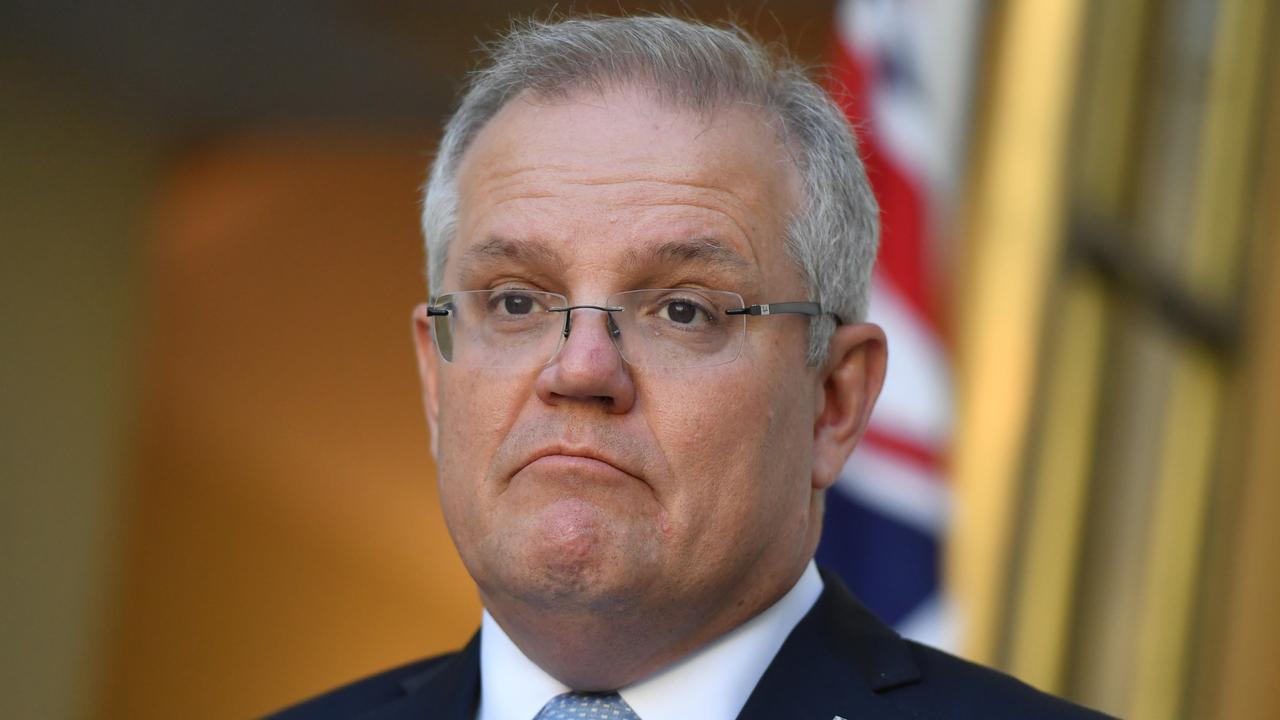
Under the Coronavirus SME Guarantee Scheme, the government will guarantee half a bank’s loan to a small or medium enterprise impacted by the virus.
And the government is also temporarily increasing the threshold at which creditors can issue a statutory demand on a company and the time companies have to respond to statutory demands they receive.
Mr Eslake said the focus was on small business as it employed a huge percentage of the overall population, and because it was assumed big business had the resources to take care of itself.
“The concern is most small and medium businesses don’t have sufficient finance or other resources to survive a short or extended period which might well be zero revenue,” he said.
“That’s what the aim is here – the government is … trying to keep people on the payroll, or make sure when this is over, they have a job to come back to.”


